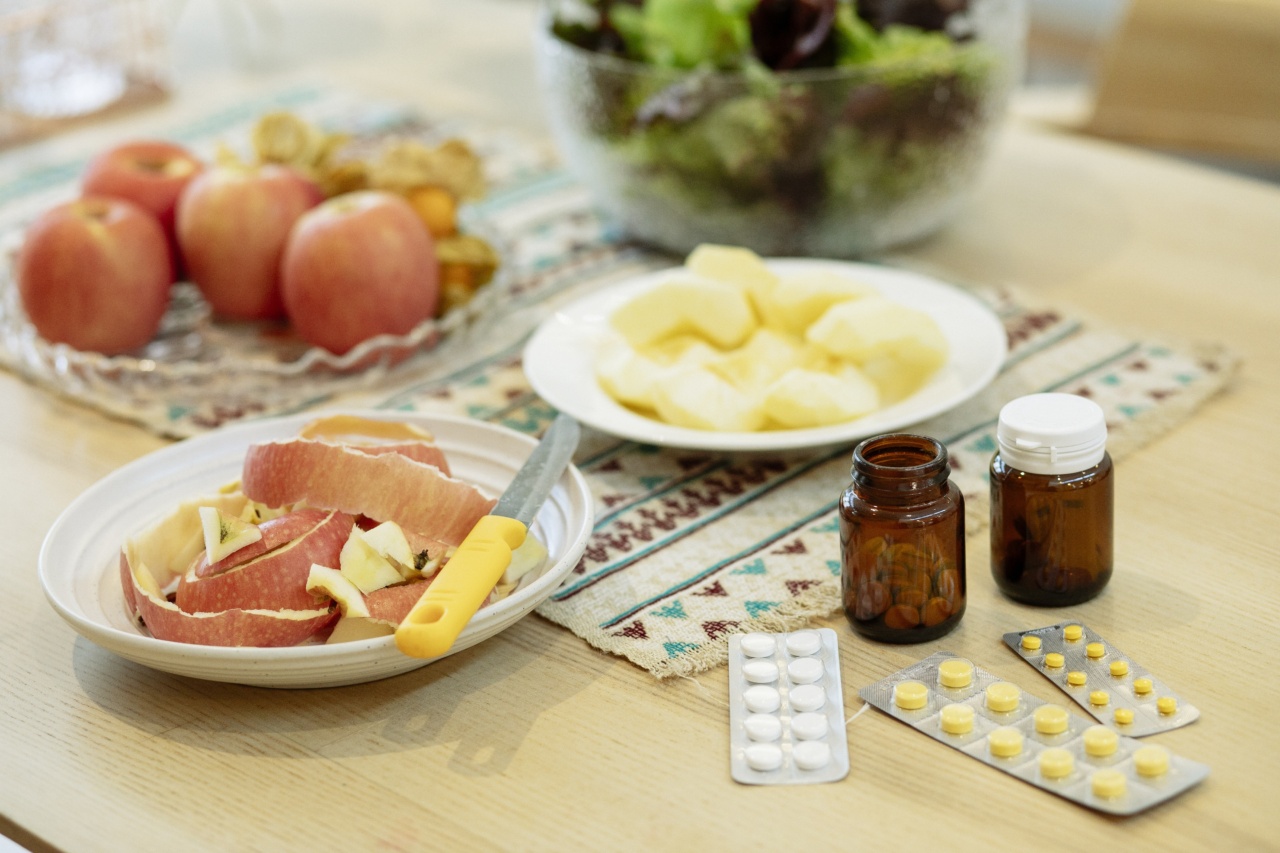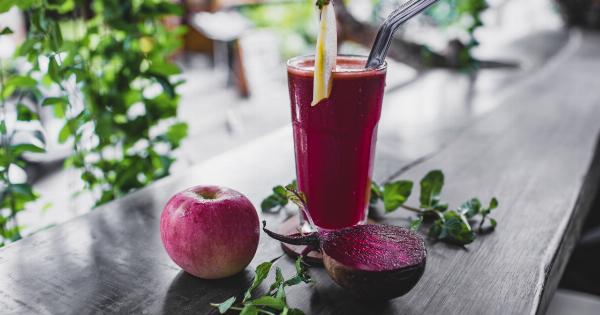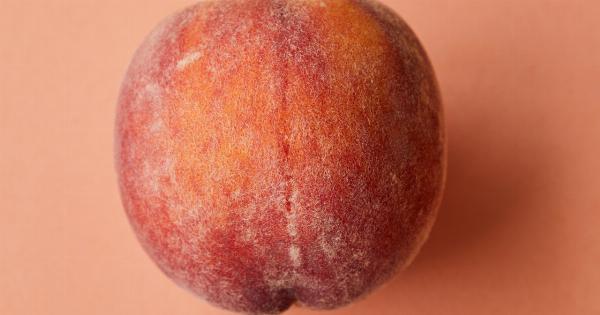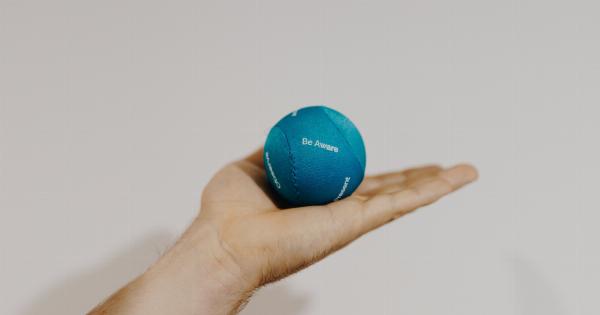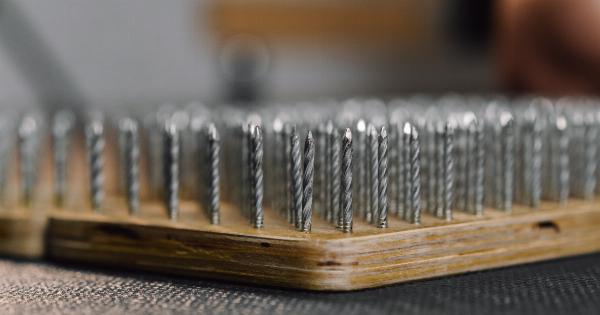Stroke is a serious medical emergency that can result in long-term disability or even death. It occurs when blood flow to the brain is disrupted, either by a blocked or ruptured blood vessel.
Stroke can affect a person’s physical and mental wellbeing. The best way to manage stroke is through prevention. However, in cases where a stroke has already occurred, there are natural remedies that can aid in recovery.
One such remedy is a vegetable that has been scientifically proven to help with stroke recovery – the beetroot.
What is Beetroot?
Beetroot is a root vegetable also known as the “red beet,” “table beet,” or just “beet.” It has a red or purple color and a sweet taste.
Beetroot contains numerous health benefits and is loaded with essential vitamins and minerals that are vital for healthy living. It is rich in dietary nitrates, magnesium, and folate. It also has anti-inflammatory and antioxidant properties that help to reduce the risk of chronic diseases.
How Does Beetroot Help with Stroke Recovery?
Researchers have found that the dietary nitrates in beetroot increase blood flow to the brain, which can help with stroke recovery. Stroke disrupts blood flow to certain areas of the brain, and this can cause brain damage and impair function.
Beetroot has been shown to improve blood flow to these damaged areas of the brain, promote neuronal growth, and reduce inflammation.
A study done by the University of Northumbria found that drinking beetroot juice increases blood flow to the brain and improves cognitive function in older adults.
The study also found that dietary nitrates in beetroot juice are converted into nitric oxide in the body, which relaxes and widens blood vessels to improve blood flow.
Another study published in the Journal of the American Heart Association found that consuming beetroot juice reduces blood pressure and improves vascular function in people with hypertension.
This is important because hypertension is a major risk factor for stroke.
How to Incorporate Beetroot into Your Diet?
Beetroot can be consumed in various ways, and incorporating it into your daily diet is easy. Here are some simple ways to include beetroot in your daily meals:.
- Roasted beetroot: Cut the beetroot into small pieces, toss them in olive oil, salt, and pepper, and roast them in the oven at 200°C for 20 to 25 minutes.
- Beetroot juice: Blend raw beetroot with water or any other juice, like orange juice, to make a refreshing drink.
- Beetroot smoothie: Blend raw beetroot with banana, spinach, and almond milk to make a healthy and filling smoothie.
- Beetroot salad: Slice the beetroot into thin pieces and mix it with lettuce, nuts, and feta cheese for a delicious and nutritious salad.
- Beetroot soup: Cook beetroot with other vegetables, like carrots and onions, to make a delicious and healthy soup.
Precautions When Consuming Beetroot
While beetroot has numerous health benefits, there are some precautions to take when consuming it. Beetroot can cause beeturia, which is when urine or stool is stained red or purple. This is harmless and should not cause concern.
However, people with kidney problems or low blood pressure should be cautious when consuming beetroot because it can alter potassium levels in the body.
Conclusion
Beetroot is a versatile and nutritious vegetable that has been scientifically proven to help with stroke recovery. It increases blood flow to the brain, promotes neuronal growth, and reduces inflammation.
Incorporating beetroot into your daily meals is easy and can provide numerous health benefits. However, it is important to take precautions when consuming beetroot, especially if you have kidney problems or low blood pressure.
